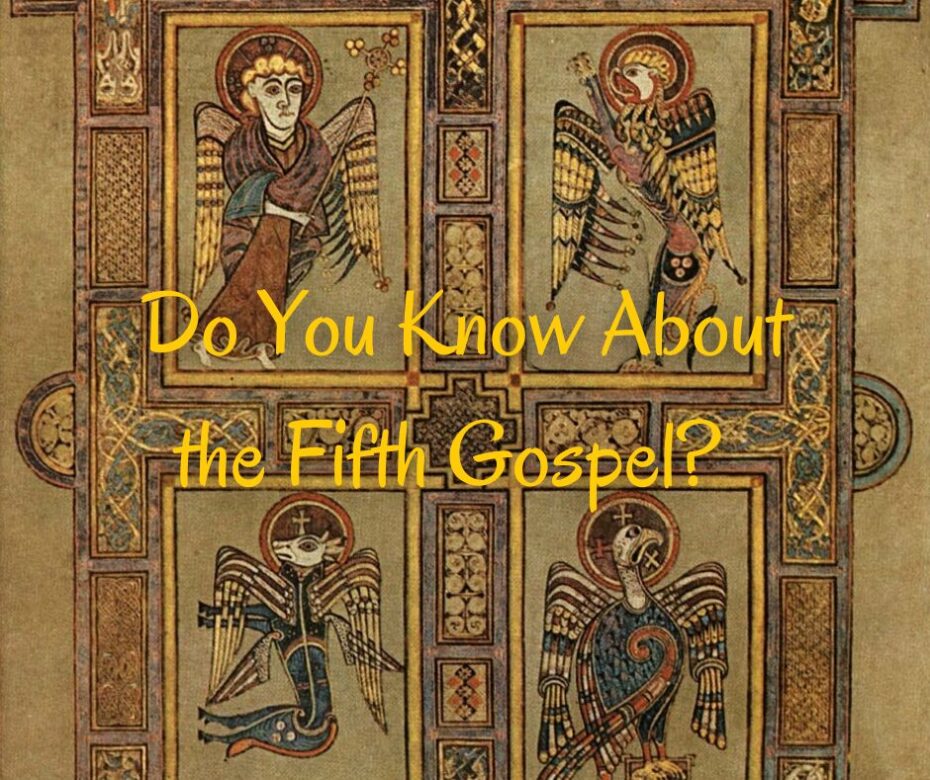Most people have heard of the four Gospels––Matthew, Mark, Luke, and John. But did you know that many Bible students refer to the book of Isaiah as the Fifth
Gospel? There are a variety of reasons for this nickname.
Like Matthew, Mark, Luke, and John, the book of Isaiah speaks about the life of Christ. His First Advent, death, and Second Coming are all prophesied in the book. It gives a fairly comprehensive picture of the coming Savior. When considering the book in that light, “The Fifth Gospel” is an apt nickname.
Because of this emphasis on the life of Christ, coupled with the nickname, the purpose of Isaiah has often been seen as evangelistic. For example, Jerome is credited with saying that the prophet Isaiah was an evangelist because of how he describes the mysteries of Christ. It is assumed the “good news” or “gospel” in Isaiah is referring to eternal salvation through Christ.
There are many problems with this application of Isaiah. First, Isaiah is written to the nation of Israel, God’s chosen people, which included believers as well as unbelievers (1:1-3, 40:1). The first half of the book (chaps 1–39) generally deals with temporal judgment. Due to Judea’s rebellion, the Lord allowed the Assyrians, and later the Babylonians, to oppress and bring the nation into captivity. The message that Isaiah proclaimed was one of judgment, not of eternal life by faith alone. It was a message that the nation would not listen to, becoming hard-hearted (6:9-10) and leading to the destruction of the temple by the Babylonians and a seventy-year captivity.
Starting in chapter 40, however, there is a shift, and a proclamation of good news. But what was that good news? Isaiah writes:
9O Zion,
You who bring good tidings,
Get up into the high mountain;
O Jerusalem,
You who bring good tidings,
Lift up your voice with strength,
Lift it up, be not afraid;
Say to the cities of Judah, “Behold your God!”10 Behold, the Lord God shall come [e]with a strong hand,
And His arm shall rule for Him;
Behold, His reward is with Him,
And His work before Him.
11 He will feed His flock like a shepherd;
He will gather the lambs with His arm,
And carry them in His bosom,
And gently lead those who are with young. (Isa 40:9-11)
The prophet tells the Israelites to proclaim this good news, or gospel. As chapter 40 opens, the nation is in Babylon. Here, the prophet is giving the nation a word of comfort (v 1) that the Lord would gather them out of Babylon. After seventy years in captivity, the Lord would not cast them away (41:8-9). The Lord was going to lift up His arm to deliver them, first out of Babylon and ultimately, as the second half of the book describes, through the reign of the coming Messiah. Therefore, the salvation in Isaiah is the corporate and physical deliverance of the remnant of Israel, first out of Babylon and later during the Tribulation.
The “Fifth Gospel” does speak of good news. It speaks of the good news of a coming King. This coming King would first be born through a virgin, then suffer and die. However, the good news of Isaiah goes beyond the Lord’s First Advent, for it also looks forward to His second, when He will usher in a righteous kingdom. This King will deliver the nation of Israel from her oppressors. He will also restore Israel and make her a righteous nation. This is the deliverance and good news of the “Fifth Gospel.” However, if the reader of Isaiah seeks to find a clear message of eternal life by faith alone, he would be hard-pressed to do so. Isaiah has good news to share, but not for unbelievers.
Why does this matter?
Isaiah is a book of sin, repentance, and works. The Lord is rebuking the nation for her failures. Isaiah was calling the nation to turn from her sins in order to be delivered from the wrath of God. This wrath would be seen in the coming Gentile invasion. Therefore, if one sees the book as evangelistic, there is a danger that he will add works to the saving message.
In addition, this impacts how we interpret certain NT passages, such as the ministry of John the Baptist. As Isaiah was calling the nation to repent in order to be delivered from the discipline of God, so John was calling on the nation to turn from its sins in order to prepare for the ministry of Christ. If it did, it would be saved from the destruction of Jerusalem. Sadly, both Isaiah and John were ignored, and the nation was scattered, first by Babylon and then, in AD 70, by the Romans. However, the good news of Isaiah still rings true. The Lord has not cast the nation away, and one day He will return to gather His people once again.

